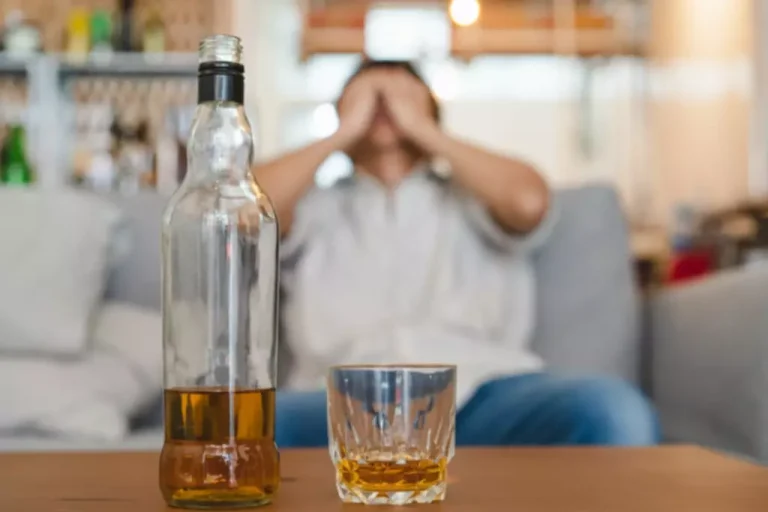From Addiction To Recovery Laura’s Story on Overcoming Addiction
That’s the only difference between me now and me on that gray morning. I’ve gotten up every day since and left the door wide open. It was the cleansing release that never sobriety success stories seemed to come from on high. I drank whiskey at the bar and gulped wine in front of the TV. I started popping tiny speed pills to keep me going after an all-day bender.
From ‘Where’s Hunter?’ to a public life
They offered help if I needed it, but I wasn’t ready yet. The ensuing year I tried many times, unsuccessfully, to curb my drinking. With every unsuccessful attempt to abstain, which never lasted more than a day, I became more and more frustrated.
To save lives, overdose antidote should be sold over-the-counter, advocates argue

A therapist can help you learn new coping skills, develop new thinking patterns, and address any co-occurring mental health conditions that may make recovery more difficult. Research shows that if you maintain these types of toxic relationships, your chances of relapsing are greater. To avoid relapse and remain sober, it’s important to develop healthy relationships. You may also need to change your route to work or home in order to avoid any triggers, or people, places, or things that make you want to use drugs or drink again.
A ‘treatment experience,’ not ‘treatment success’
- There’s little more challenging than fighting cravings for drugs or alcohol while you’re clinging to sobriety.
- What these well-meaning people don’t understand is that sometimes addiction and alcoholism feel like a step up from someplace worse.
- I was unable to participate in any kind of family activity, especially if it interfered with my drinking.
- We’ve chosen today to walk you through the lives of some everyday individuals with inspiring lessons to impart rather than focusing on famous people.
“They fought to only keep me in [rehab] for 14 days; they didn’t want to pay for 30, and I knew that wasn’t enough for me,” Rasco recalled. “They didn’t want to put me in a halfway house. I knew I needed a half-way house.” It typically takes eight years or longer to achieve long-term remission even with high quality treatment and medical care. Studies show people usually recover, but as with Rasco and Mable-Jones, the process happens slowly after multiple relapses. Researchers say this data — and this lived experience — contradicts a widespread misperception that substance-use disorder is a permanent affliction and often fatal. But in a pattern researchers say is common, Mable-Jones’ illness eventually eased.
He hit rock bottom, faced multiple arrests, and struggled to find work. However, he turned his life around through rehab, therapy, and a renewed commitment to sobriety. Today, he is not only a renowned actor but also an advocate for addiction recovery.

Encouraging a Culture of Recovery
If any area of your life is out of control, it will not help you maintain lasting sobriety. Once you do return to work, it’s important to create a budget and take steps to safeguard yourself as work stress can be a relapse trigger. Financial troubles and problems finding and keeping employment are major triggers for relapse, but it is possible to take baby steps and get your finances in order. Just keep in mind that your improvements won’t happen overnight. For example, you may have developed a co-dependent relationship, or a family member, friend, or employer may have been enabling you without even knowing it. The symptoms involved in PAWS can be a barrier to recovery if you’re not careful.
- These stories of overcoming addiction detail the lives of everyday Americans with very unique journeys of recovery.
- I had no running water, phone or heat in my duplex for almost a year.
- Augusten Burroughs’ memoir covers a decade-long battle with sobriety, with a variety of wins and losses along the way.
- It underscores the idea that one can overcome even the most daunting challenges with determination and support.
Breaking Free from Family Patterns
Yet, amidst these pressures, many find the strength to pivot towards sobriety. One common mistake for those who are new to alcohol and drug recovery is substituting a new compulsive behavior for their old one. People new to recovery can find themselves approaching their new diet, exercise program, job, and even participation in support groups with a compulsion that echoes addiction.
